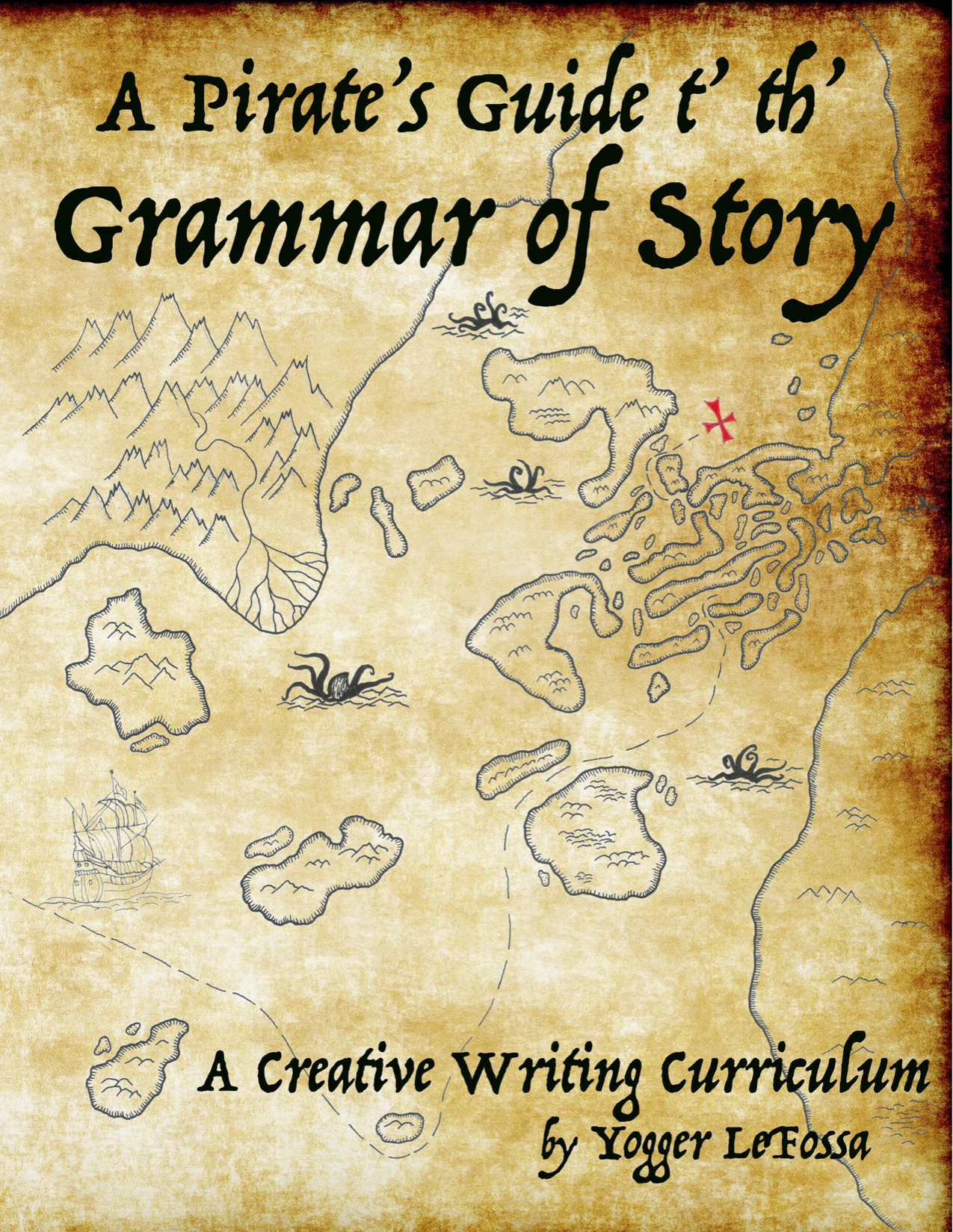Exercise 19-22 :: Character Functions
Very briefly, since there are no exercises with this, and it’s pretty self-explanatory, character functions describe the role (or function) a character plays in a story. It is determined by whom they are (their characterizations), what they want (their desires), the choices they make (story engine), and the actions they take (plot). A character’s function may change throughout the story, but understanding the role they play either in the story as a whole, or in a specific part of a story, MORE HERE.
There are 8 main character roles in any given story. Not every story will have all of them, stories may have several characters that fill a certain function, and characters may fill more than one function within the story, or at different parts of the story. Here are the different roles :: Villain, Princess, Hero, Dispatcher, Donor, Magical Agent, Helper, and King. Encourage your student to keep an open mind as they learn about each role - a princess isn’t necessarily a “princess,” and a hero isn’t necessarily just the main character. These are new terms with very specific definitions, so have them read on, and really gain an understanding of their function, their purpose in the story, as it will help them develop characters that are rich not only because they have done a good job giving them characteristics and desires that are specific, but also because they fulfill something essential in the story.
In Real Life :: we fill these same functions in life, so, as you learn about each function, think about times when you have operated in that role, and help your student to find examples of this in real life. It can be in simple things, like making dinner (if the AoV is “everyone is hungry and its past dinnertime,” think of all the “characters” in your family story, and how they responded.) Their actions will determine which functions they took. This will make much more sense as you learn the functions and put them into practice.
Finding it in the Story :: read on into the next exercises!
